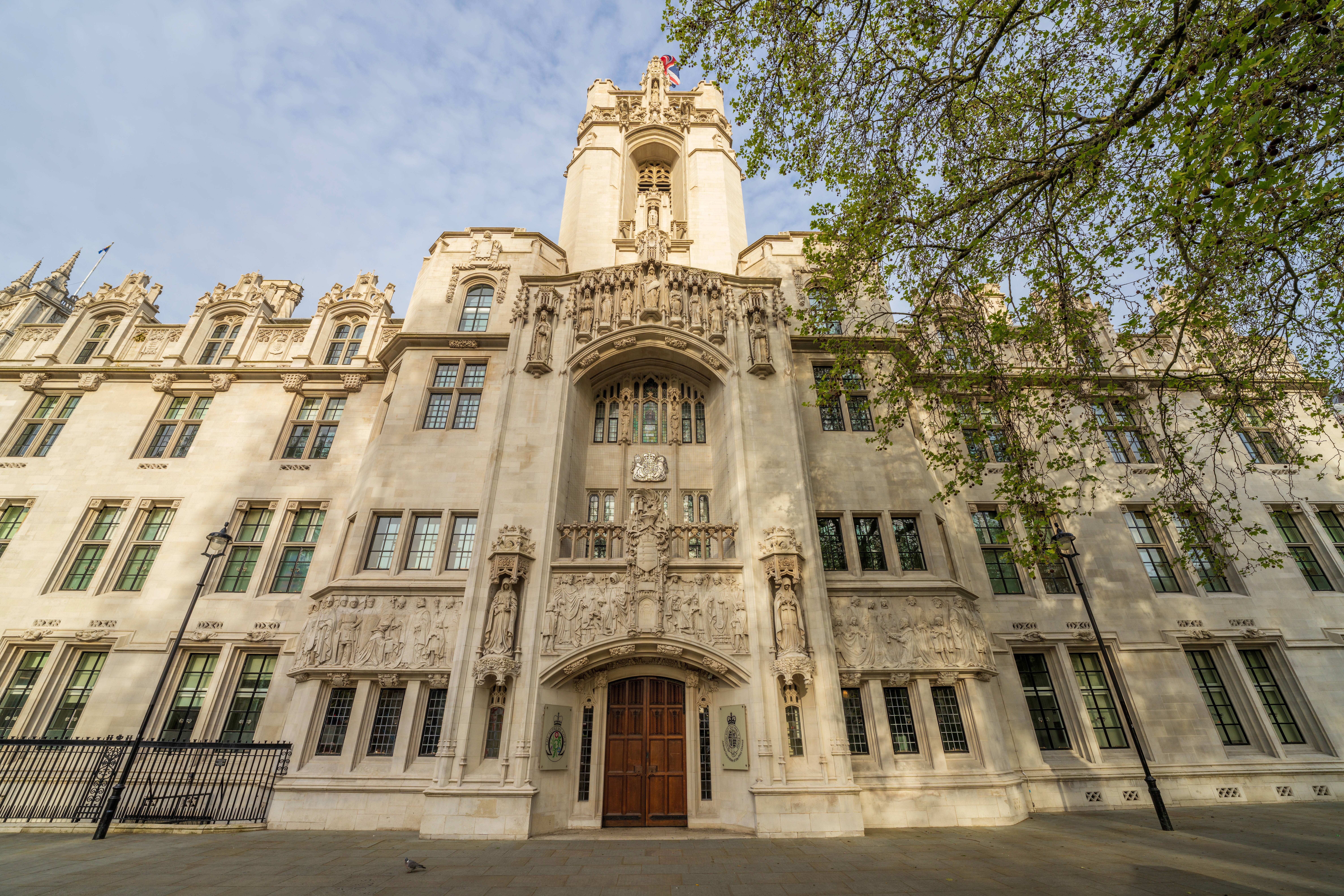Workplace guidance on gendered facilities after Supreme Court ruling
02 June 2025
Following a Supreme Court ruling clarifying the legal definition of sex under the Equality Act 2010, the Equality and Human Rights Commission (EHRC) has issued interim guidance to help employers navigate the use of gendered facilities in the workplace.
In the recent case of For Women Scotland v Scottish Ministers, the Supreme Court confirmed that, for the purposes of the Equality Act 2010, “sex” means biological sex, meaning a person’s gender identity does not change their legal sex. In response, the EHRC has provided interim guidance to support organisations in understanding this ruling.
In a workplace context, the guidance reminds us that the law currently requires the provision of single-sex facilities (unless self-contained lockable rooms are available). The guidance itself is not law, but Courts and Tribunals may take it into account. This remains a grey area that is still developing, so fuller guidance is expected in due course.
The Supreme Court’s ruling also stressed that the law continues to protect transgender people from discrimination.
Perhaps the strongest takeaway from the guidance is that trans people should not be left without any facilities to use, but access to single-sex facilities should be restricted by biological sex (i.e., a trans woman should not be permitted to use women’s facilities). In addition:
- mixed-sex facilities should be made available wherever possible; and
- facilities that are in lockable rooms (not a cubicle) for use by one person at a time can be used by anyone however they identify.
Need help updating your workplace policies? Our employment team can guide you through legally compliant and practical approaches to gendered facilities. Contact Backhouse Jones for expert advice.
This article was written by Gabrielle Scriven.
